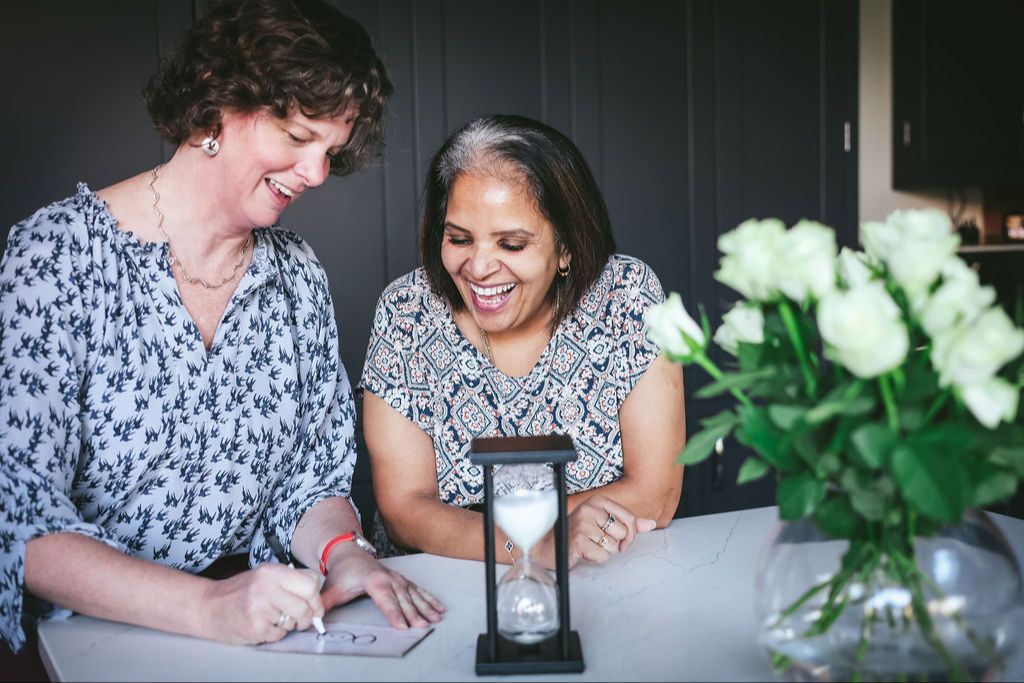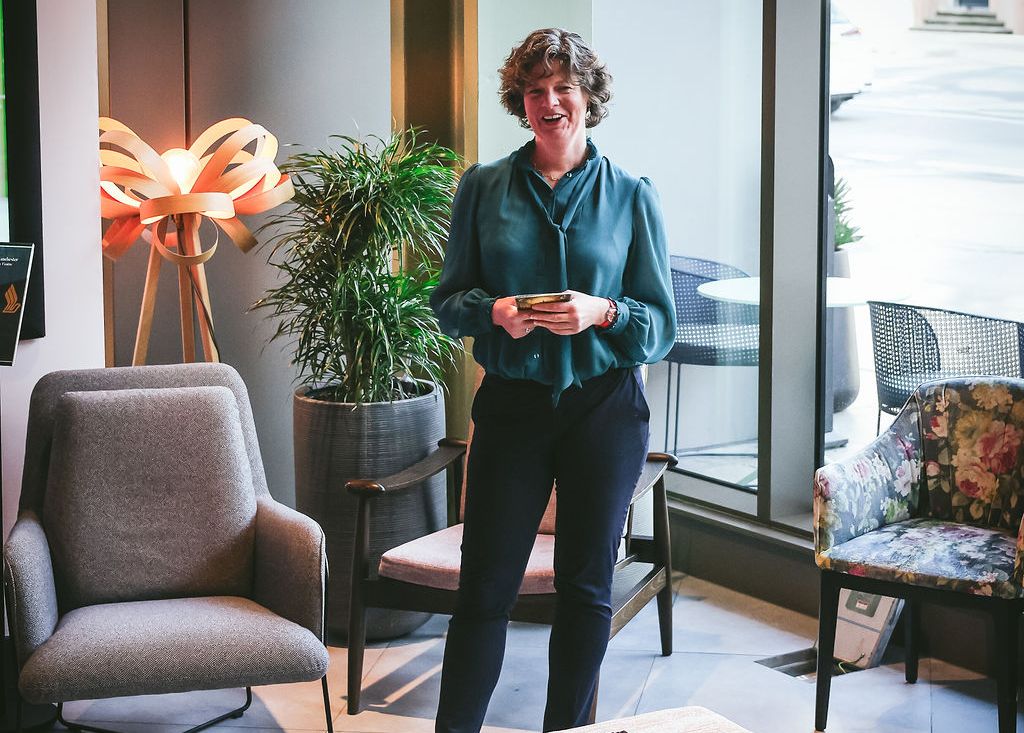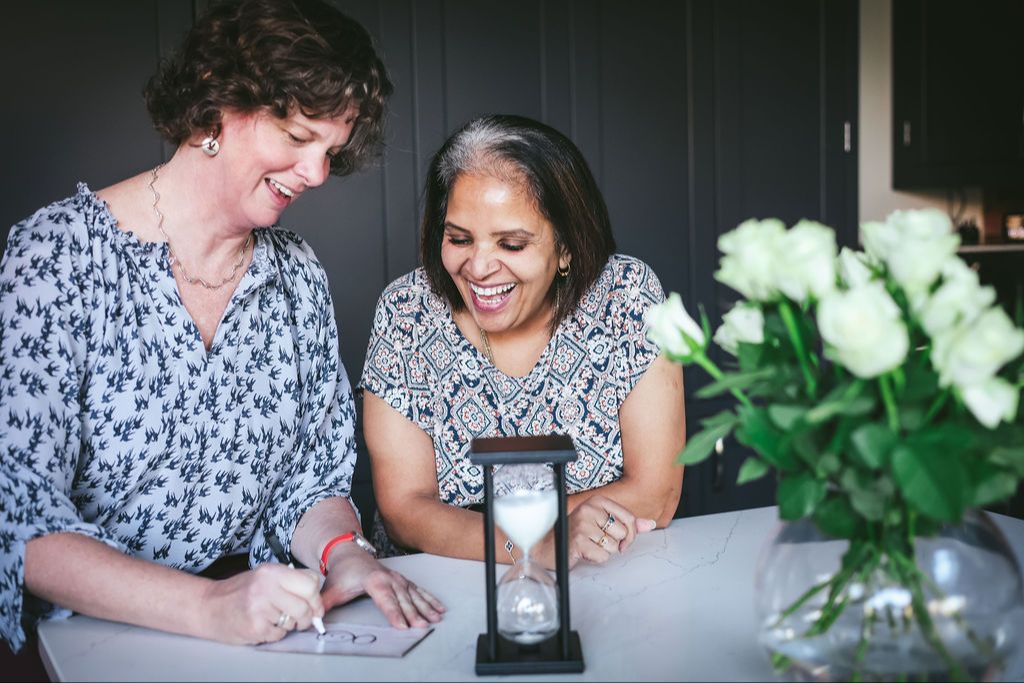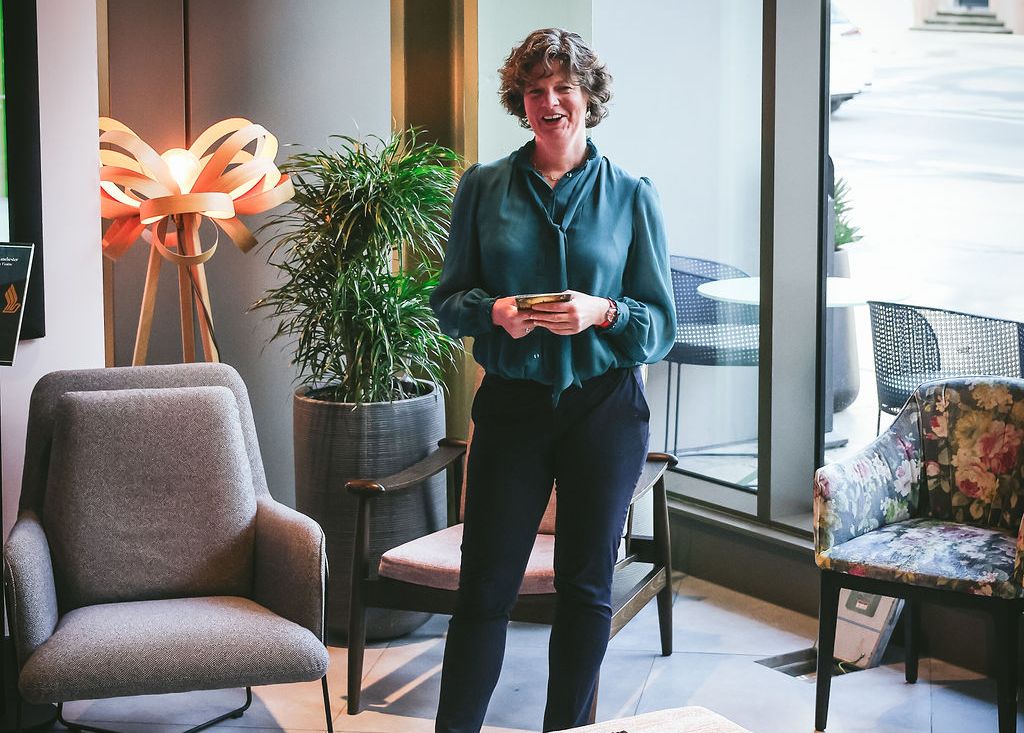Presenting at the British Psychological Society Conference
Jan 29, 2025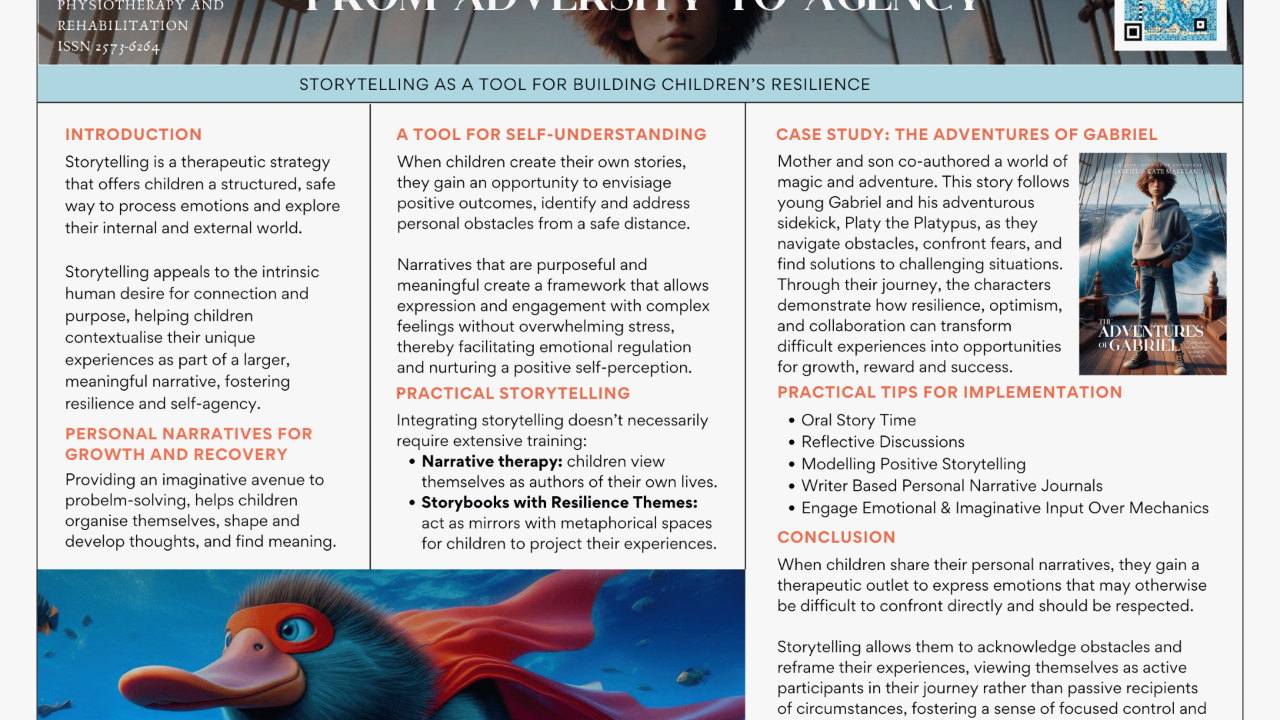
In January 2025, Kate Markland presented StoryQuest research at the British Psychological Society's Division of Educational and Child Psychology Conference, one of the UK's most rigorous forums for evidence-based practice in children's education and wellbeing.
The poster, titled "From Adversity to Agency: Storytelling as a Tool for Building Children's Resilience," set out how narrative creation supports children to process experiences, regulate emotions, and develop a sense of authorship over their own lives.
The central finding is straightforward: when children create their own stories without correction or constraint, they stop feeling like passive recipients of their circumstances and begin to see themselves as capable of imagining, choosing, and acting. That shift, from helplessness to agency, is not a side effect of the methodology. It is the point of it.
One of the clearest messages from the presentation was that you do not need to be a therapist to use storytelling effectively in an educational setting. The tools are practical, low-resource, and immediately applicable. Children telling stories aloud while a partner scribes. Regular oral storytelling followed by guided reflection. Creative journals focused on imagination rather than accuracy. Adults modelling their own stories of difficulty and growth. None of these require specialist training. All of them have measurable impact.
The research also drew on Kate's own experience co-creating The Adventures of Gabriel with her son during a period of court-ordered separation. Gabriel told his stories aloud over Friday night FaceTime calls. Kate wrote them down. That constraint produced an international bestseller, and the methodology it demonstrated, one question, complete creative freedom, a scribe who does not correct, is now the foundation of StoryQuest.
Gabriel's voice was heard, recorded, and published. The same is now happening for children in classrooms across the UK. The British Psychological Society conference was an opportunity to show the sector the research that explains why it works.
Building resilience through story, one child, one narrative at a time.

